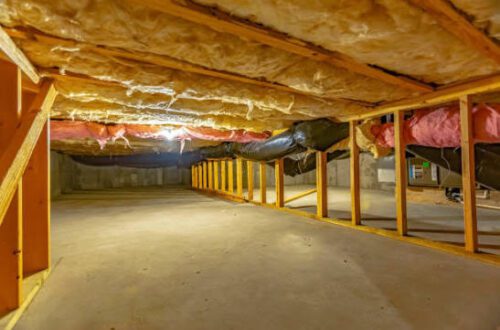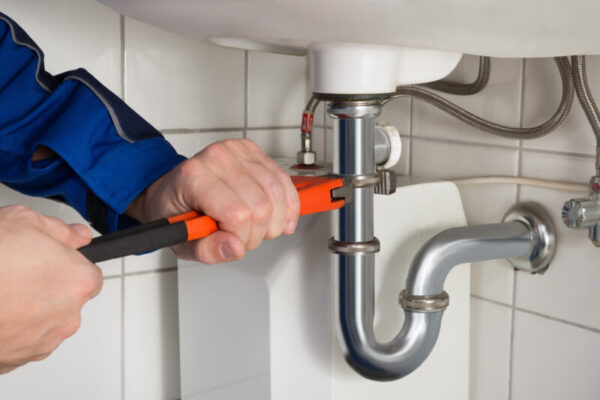Is hard water giving you a hard time?
Stained sinks and cloudy dishes are just a couple of the obvious frustrations homeowners contend with when they have hard water. But if the problem isn’t taken care of, it can cause a lot of damage behind the scenes too.
The mineral deposits in your water can tax everything from your plumbing to your appliances, and you could be wasting time and money thanks to an ongoing hard water issue. If you’re worried about hard water in your home, we’ll explain what to look for and what you can do to make it go away for good.
What Is Hard Water?
Hard water is prevalent in Midwest states, where mineral-rich aquifers add high amounts of dissolved calcium and magnesium to water lines going into homes. On the water hardness scale, water is considered “moderately hard” when it contains 61-120 mg/L of dissolved minerals. Anything over that is considered “hard” or “very hard”.
Signs of Hard Water
The high mineral concentration of hard water can cause several issues around the home, the most notable of which is the chalky white stains on your tub, sinks, and dishes.
Some of the more frustrating hard water symptoms show up when it comes time to bathe or wash your clothes. To start, the minerals in hard water create an insoluble combination when mixed with soap, so it’s hard to get a good lather. As a result, you’ll have to use more soap in the shower and detergent in the washing machine to get the right level of cleanliness.
Wasting soap isn’t the only downside of hard water when it comes to washing. Hard water will dry your skin and hair, causing it to feel stiff and brittle. When clothes go in the wash, colors will fade quicker and the texture will feel coarse and drabby afterward.
Before it reaches your body or your clothes, hard water is already doing damage. Mineral scale in pipes can cause appliances to wear out, water pressure to dip down, and utility bills to shoot up. If you don’t maintain your system when you have hard water, there are several ways that unexpected expenses can pop up.
How to Fix Hard Water
If hard water is entering your house, you’ll need a whole-house solution to protect all of your water lines and appliances. The best remedy is adding a water softener to your household’s water filtration setup.
A water softener consists of a tank containing a negatively charged resin holding sodium ions. When water enters, the resin performs an ion exchange, trapping the hard water mineral ions and releasing the sodium ions, which go into the now-softened water and onto the house.
Water softeners are not filters but rather water purifiers, so you will need a whole-house filter if you need to remove VOCs, pesticides, chlorine, or heavy metals. Keep in mind, water softeners don’t handle contaminants well, so in most cases, it’s critical to put your whole-house filter before the water softeners. Opting for a more powerful system like the ONE filter will give you the most convenience and ensure your water softener won’t wear down.
Take Care of Your Hard Water Problem for Good
Hard water can be a daily pain, but a quality water softener will make an enormous difference you’ll be able to see and feel. Your appliances will last longer, your clothes will feel softer, and your dishes will come out spotless every time. Research the best water softener for you, and see how a small investment can save you from long-term headaches.
The fun doesn’t stop after you fix your hard water problems. Check in with us for regular tips and advice for upgrading the whole house.






